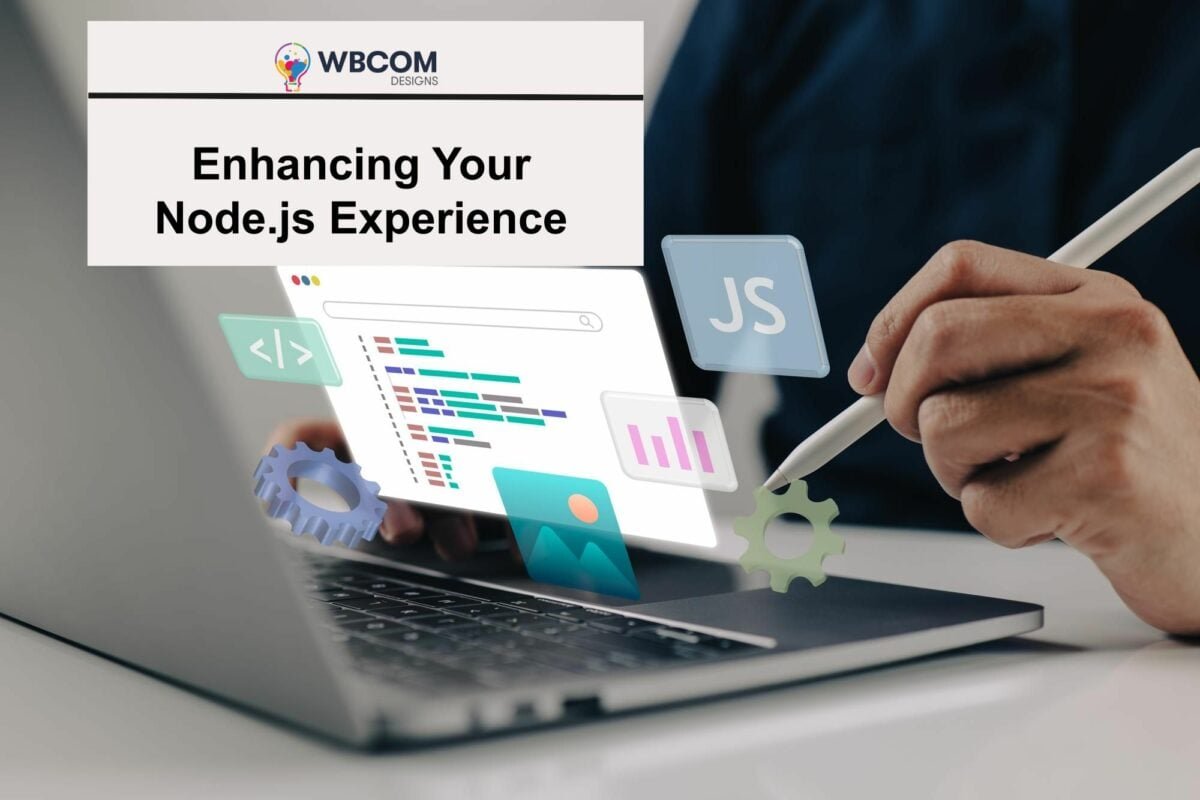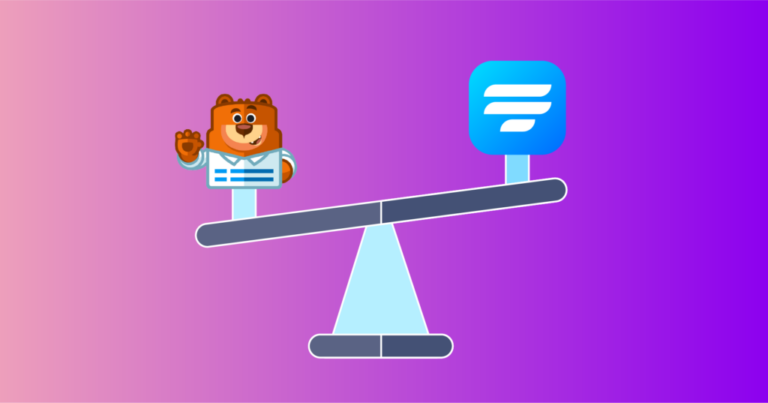Node.js is a powerful JavaScript runtime that allows developers to build scalable and efficient server-side applications. Customizing your server configuration is essential to further enhance your Node.js experience and unlock its full potential. In this article, we will explore techniques and best practices for tailoring your server setup to meet your specific needs and optimize your Node.js applications.
Node.js can be hosted on various types of server environments, depending on your requirements and budget. You can rent a dedicated server and improve your Node.js experience. If you don’t need the whole server, but still need excellent server scalability for your application, consider buying a VPS server. The choice of server hosting depends on factors such as the scale of your application, expected traffic, budget, and control requirements. Assess your needs and select the hosting option that best suits your project’s requirements and resource demands.
Table of Contents
ToggleHow to Customize Your Node.js Server?
Choosing the Right Server Framework
Selecting the appropriate server framework is crucial for customizing your Node.js experience. Popular options include Express, Koa, and Hapi, each offering unique features and flexibility. Consider your application requirements, performance goals, and development preferences when choosing a server framework.
Also Read: 5 Best AI Art Tools For Making Youtube Thumbnails
Configuring Middleware
Middleware plays a vital role in extending the functionality of your Node.js server. With middleware, you can add custom logic, handle authentication, enable CORS, and perform request/response transformations. Configure and organize middleware to suit your application’s specific needs, ensuring optimal performance and security.
Fine-Tuning Performance
Optimizing the performance of your Node.js server is essential for delivering fast and responsive applications. Explore techniques such as load balancing, caching, compression, and request throttling to maximize the efficiency and scalability of your server. Monitor and analyze performance metrics to identify bottlenecks and make informed optimizations.
Security Considerations
Securing your Node.js server is crucial to protect your application and its data. Implement security best practices such as input validation, user authentication, and authorization mechanisms. Keep your dependencies up to date to address any known security vulnerabilities. Additionally, consider implementing security headers, SSL/TLS encryption and rate limiting to enhance the security posture of your server.
Also Read: How To Create A Paid Membership Website With WordPress?
Logging and Error Handling
Implement robust logging and error-handling mechanisms to gain insights into your server’s behavior, quickly identify and address issues, handle exceptions, and provide meaningful responses to clients gracefully. Utilize logging libraries like Winston or Bunyan to capture relevant information and track the flow of requests.
Deployment and Scaling
Consider your deployment and scaling requirements when customizing your Node.js server. Explore options such as containerization with Docker, orchestration with Kubernetes, or utilizing cloud-based serverless platforms. Architect your application with scalability in mind, utilizing features like horizontal scaling and distributed caching to handle increasing loads.
Customizing your Node.js server configuration empowers you to tailor your development environment, optimize performance, strengthen security, and streamline deployment. By selecting the right server framework, configuring middleware, fine-tuning performance, addressing security considerations, implementing logging and error handling, and planning for scalability, you can make your Node.js experience more customizable and ensure the smooth operation of your applications. Embrace the flexibility and extensibility of Node.js to build powerful and customized server-side solutions.
Conclusion
Enhancing your Node.js experience goes beyond just working with a powerful runtime environment for building scalable and efficient applications. It involves a holistic approach that incorporates best practices, tools, and strategies to optimize your development process and deliver top-notch applications.
By staying updated with the latest features and improvements in Node.js, you can leverage its cutting-edge functionalities to build faster and more responsive applications. Moreover, adopting a modular approach through npm packages allows you to tap into a vast ecosystem of pre-built solutions, saving you time and effort in development.
Utilizing a robust development framework like Express.js simplifies the process of building APIs and web applications. It provides a structured architecture and essential tools, allowing you to focus on crafting high-quality features without reinventing the wheel.
Interesting Reads:
Best 10 Website Optimization Tools








